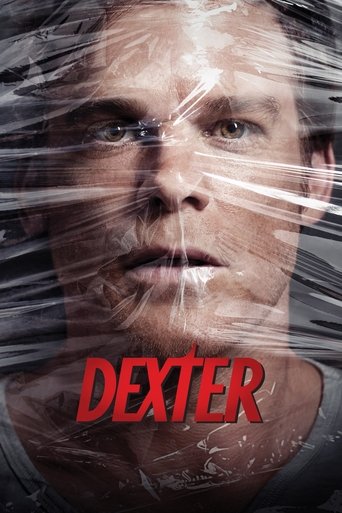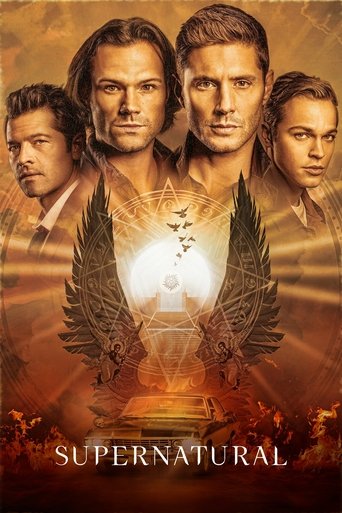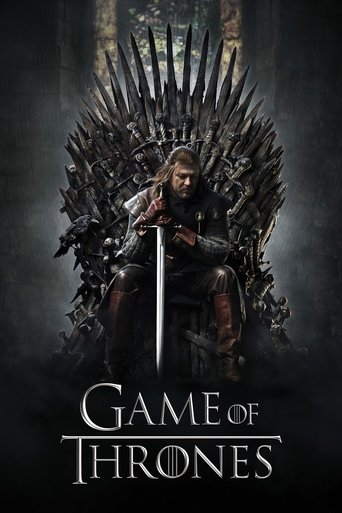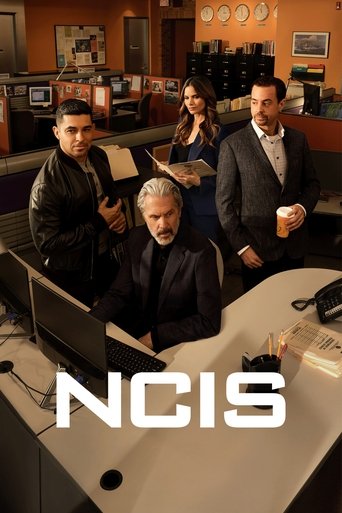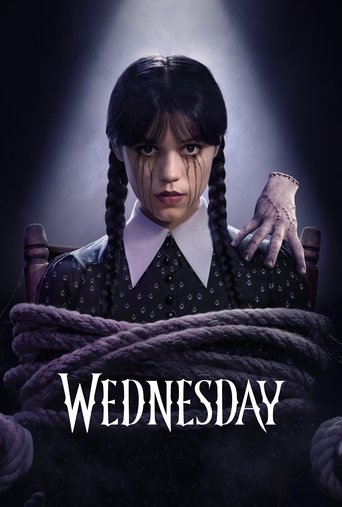
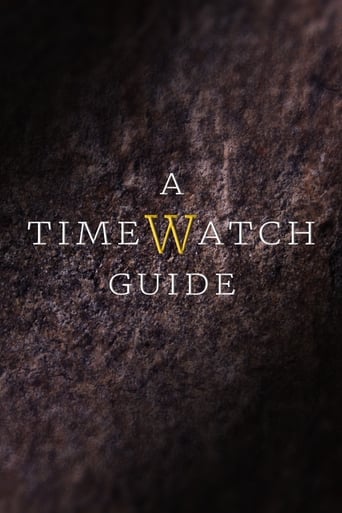
A Timewatch Guide - Season 4 Episode 4 Explorers: Conquest and Calamity
Season - Episode
-
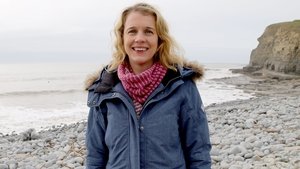 4 - 1Decoding Disaster Jul 13, 2017
4 - 1Decoding Disaster Jul 13, 2017 -
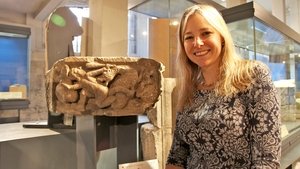 4 - 2The Vikings: Foe Or Friend? Jul 18, 2017
4 - 2The Vikings: Foe Or Friend? Jul 18, 2017 -
 4 - 3Dictators And Despots Jul 25, 2017
4 - 3Dictators And Despots Jul 25, 2017 -
 4 - 4Explorers: Conquest and Calamity Aug 01, 2017
4 - 4Explorers: Conquest and Calamity Aug 01, 2017
-
 3 - 1Crime and Punishment Nov 08, 2016
3 - 1Crime and Punishment Nov 08, 2016 -
 3 - 2Women, Sex and Society Nov 15, 2016
3 - 2Women, Sex and Society Nov 15, 2016 -
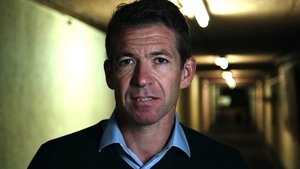 3 - 3Russia: A Century of Suspicion Nov 22, 2016
3 - 3Russia: A Century of Suspicion Nov 22, 2016 -
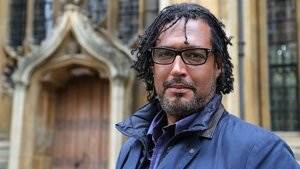 3 - 4British Empire: Heroes And Villains Feb 01, 2017
3 - 4British Empire: Heroes And Villains Feb 01, 2017
-
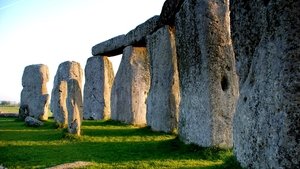 2 - 1Stonehenge Jan 27, 2016
2 - 1Stonehenge Jan 27, 2016 -
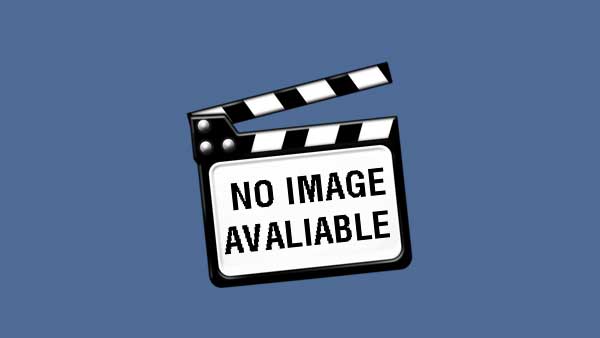 2 - 2The Crusades Feb 03, 2016
2 - 2The Crusades Feb 03, 2016 -
 2 - 3Queen Elizabeth I Feb 10, 2016
2 - 3Queen Elizabeth I Feb 10, 2016 -
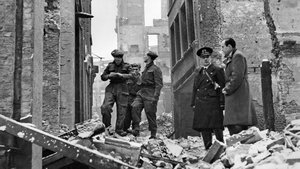 2 - 4World War Two Feb 25, 2016
2 - 4World War Two Feb 25, 2016
-
 1 - 1The Mary Rose Feb 03, 2015
1 - 1The Mary Rose Feb 03, 2015 -
 1 - 2Cleopatra Feb 10, 2015
1 - 2Cleopatra Feb 10, 2015 -
 1 - 3Roman Britain Feb 17, 2015
1 - 3Roman Britain Feb 17, 2015
Overview
For centuries the story of exploration has been packed with incredible tales of adventure, but the last fifty years has seen a dramatic shift in our attitude towards explorers. To find out how television has reflected this, Prof Fara Dabhoiwala delves into the BBC television archives, revealing that the pace of this change was faster than you would imagine. In the 1960s the BBC was still making programmes showing Christopher Columbus as an uncomplicated conquering hero. Barely a decade later, it made a documentary that delved into museum storerooms packed with artifacts brought back to Britain by Captain Cook, focusing on the perspective of the explored rather than the explorer. As the story of exploration became as much about social calamity as conquest, television has been forced to find new ways to portray explorers. By the 21st century this included everything from focusing on adventurers like Ernest Shackleton, famous not for conquest but for saving the lives of his men, to using new technology to demystify exploration by making programmes from material shot by the explorers themselves.






